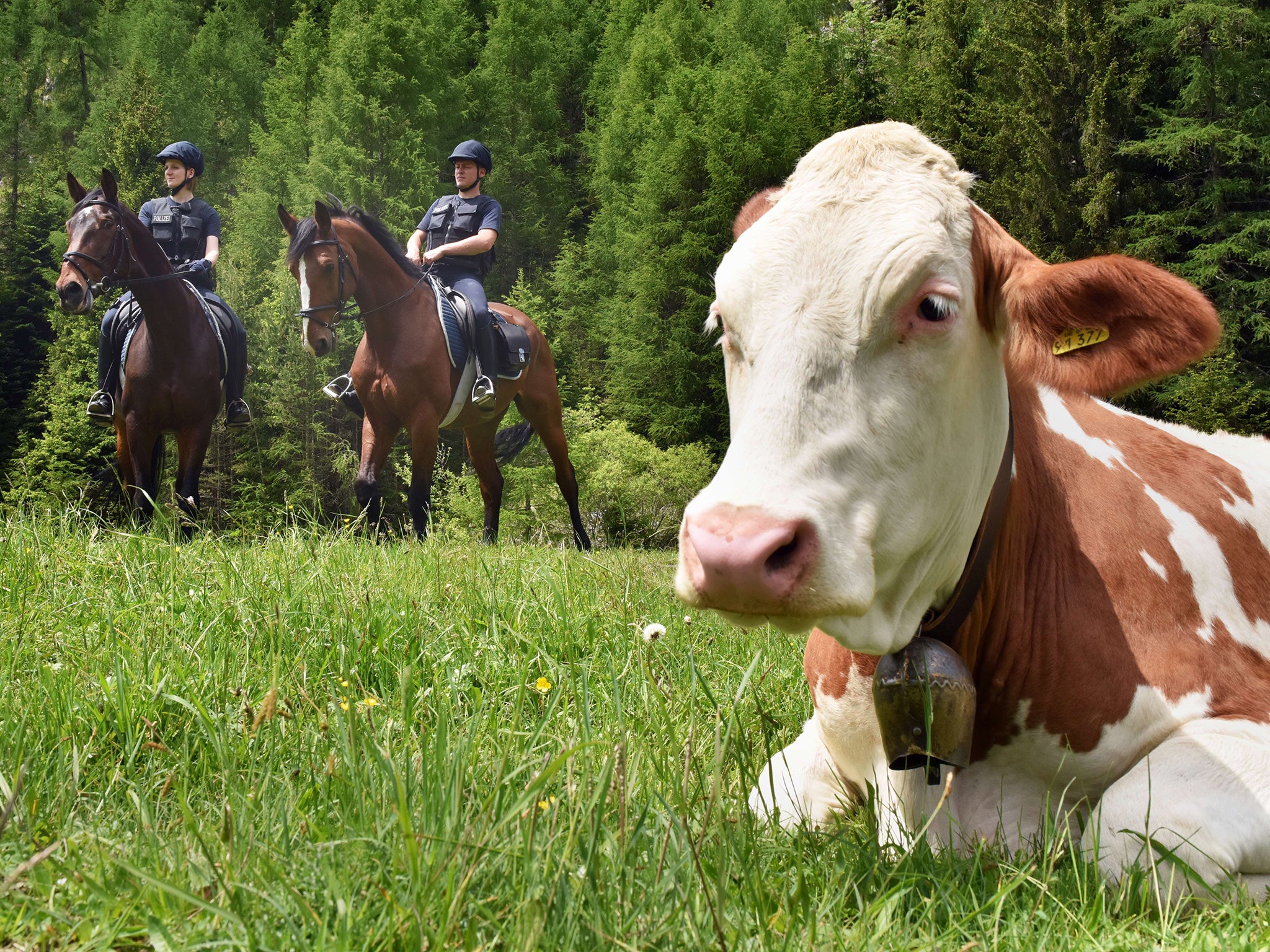The animals most likely to kill you this summer
And why you probably don't need to worry too much

Are you afraid of sharks? You should be, what with their insatiable appetite and 15 rows of serrated teeth and the way they lurk in that murky area just offshore where you can't see the bottom and you can't move quickly and, oh God, did something just brush up against my leg?
Whenever there's a shark attack in the news -- or two of them, for that matter -- somebody inevitably tries to console us with big numbers. "Well, heart disease kills 611,000 people a year," they tell us. "Stop fretting about sharks and maybe worry about your Dorito habit instead."
Fair enough. But this is the wrong comparison to make. If we want to properly contextualize shark attacks, we need to compare sharks to their peers -- bears and gators and the myriad other fanged barbed and venomous creatures that could sting us or bite us or otherwise ruin our day.
To that end, I gathered the statistics on animal-caused fatalities in the U.S. between 2001 and 2013. Most of these come from the CDC's Wonder database, which contains horrifically detailed causes of death like "other specified venomous arthropods." On average, here's how many Americans were killed by various animals each year over that period:
Rounded to the nearest whole number, sharks killed about 1 person per year between 2001 and 2013. Same for alligators and bears, for that matter. Sharks, gators and bears combined killed half as many people as snakes (6 deaths per year) and spiders (7 deaths per year).
Non-venomous arthropods -- various ants and other terrible non-poisonous bugs -- kill 9 people each year. But these pale in comparison to the deaths caused by nature's silent, stealthy killers -- cows.
A CDC report from a few years back found that cows killed about twenty people a year in the mid-2000s. That makes cows about 20 times as lethal as sharks. These deaths aren't due to marauding packs of feral bovines terrorizing suburban neighborhoods, but rather incidents involving working with cattle on farms. As the CDC report notes, "large livestock are powerful, quick, protective of their territory and offspring, and especially unpredictable during breeding and birthing periods." Most people killed by cows are farm workers.
Going beyond cattle, dogs about kill 28 people per year, and other miscellaneous mammals, like horses, pigs, deer and the like, kill 52 (note that all of these numbers exclude deaths due to vehicle collisions with these animals, which the CDC tracks separately). But the number 1 animal killers on an annual basis are bees, wasps and hornets, responsible for 58 deaths each year -- mostly due to anaphylactic shock after a sting.So, to put things in perspective, statistically speaking you're 28 times more likely to be killed by a dog than you are by a shark. But this doesn't mean that I'm about to trade in my beagle-basset mix for a great white.
10 Deadliest Animals In The World
Show all 10The other important thing to note is that annual deaths from all animal causes combined (about 200) are just an infinitesimal fraction of total deaths -- less than 0.008 percent of all deaths each year, according to a 2012 study.
By contrast, here's how many people die in auto accidents every year (if you don't feel like scrolling, meet me at the bottom for the actual number):
Motor vehicle traffic deaths, 2010
Annnnd you made it. In case you weren't counting, that's 33,000 motor vehicle traffic deaths each year, according to the CDC.
Think of it this way: if it's safe enough for you to drive to the beach, it's definitely safe enough to go in the water.
©The Washington Post
Subscribe to Independent Premium to bookmark this article
Want to bookmark your favourite articles and stories to read or reference later? Start your Independent Premium subscription today.

Join our commenting forum
Join thought-provoking conversations, follow other Independent readers and see their replies